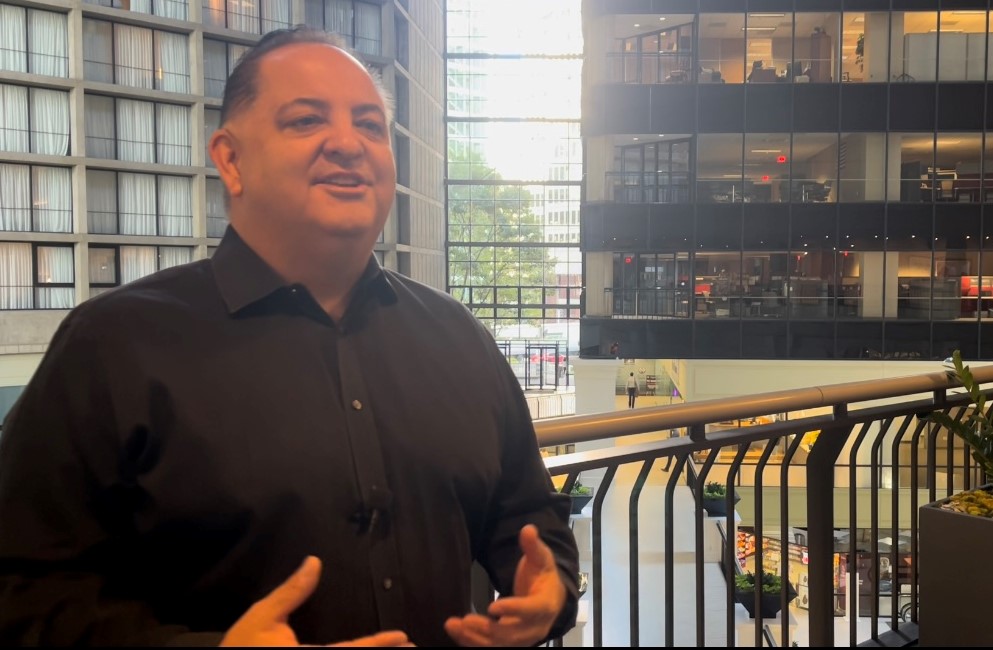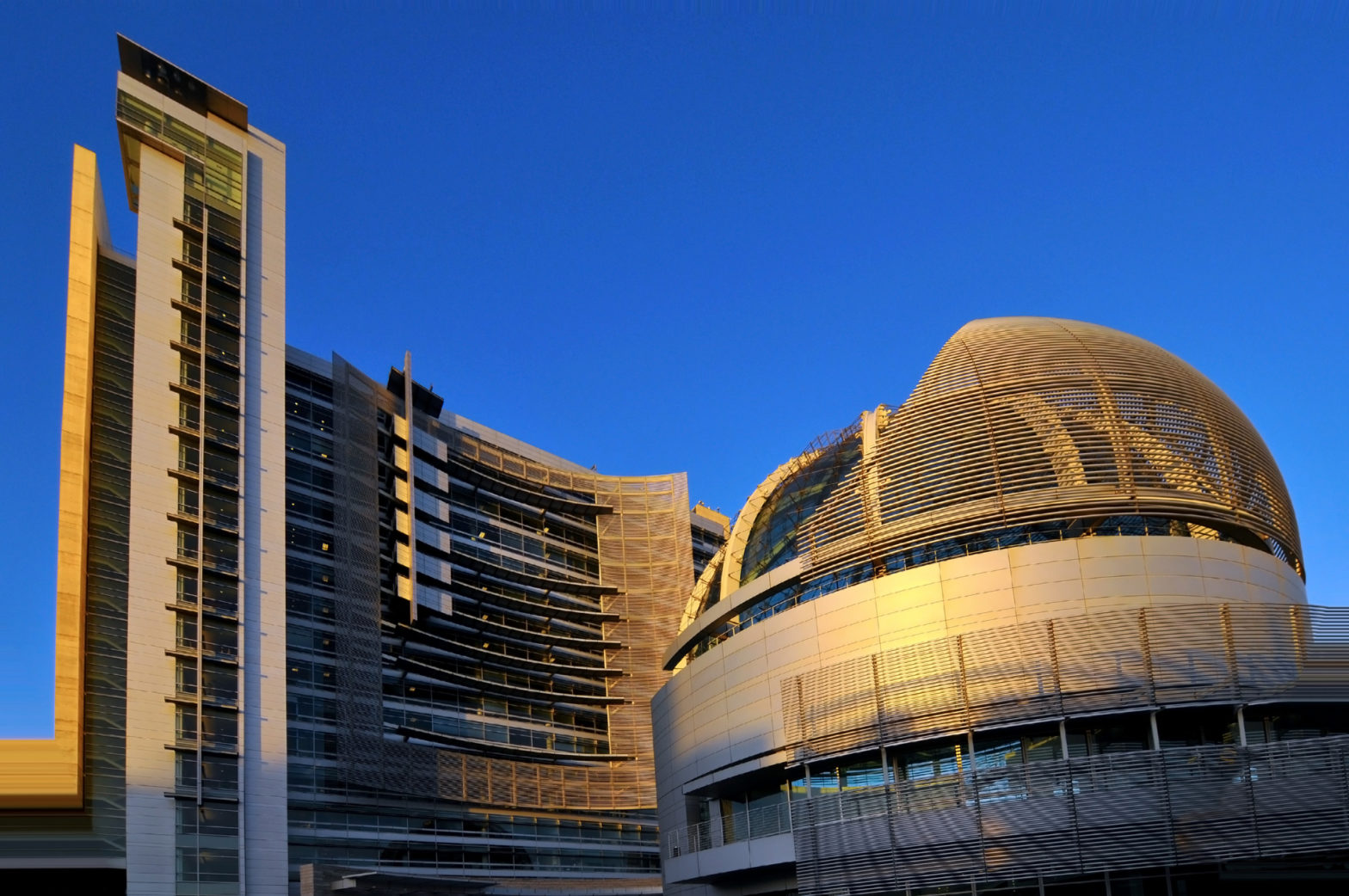
Las Vegas prepares for the future of work
02 November 2022
by Sarah Wray
While smart city strategies typically focus on using technology for improvements such as easing traffic flow, making air quality better and boosting safety – in Las Vegas, it’s also about economic development and preparing for employment shifts.
Trends such as automation will affect most cities, but Las Vegas is at the forefront.
Speaking on the sidelines of the recent Cities Today Institute City Leadership Forum in Dallas, Michael Sherwood, Las Vegas’s Chief Innovation and Technology Officer, said: “The world of work is changing constantly, and Las Vegas is obviously a tourist and entertainment destination. A lot of our jobs are service-based and we all know service-type jobs are going to be highly disrupted as technology and innovations really change the workforce.”
Previous research from the University of Redlands has suggested that as many as 65 percent of jobs in Las Vegas could be susceptible to automation by 2035.
The pandemic brought workforce issues into sharper focus – the job market in Las Vegas was one of the hardest hit when businesses were forced to close. In April 2020, the city had a 34 percent unemployment rate and although the situation has improved significantly, it still has the highest unemployment rate among large metro areas, according to US Bureau of Labor Statistics data.
New industries
Further looming shifts – accelerated by COVID-19 – underline the need to diversify, and many of these are already on show in Vegas, from robotic bartenders to kiosks for checking in to hotels and ordering food. In August, a new robotaxi service launched for public use as a prelude to a fully driverless service in 2023.
The need to overcome dependence on the entertainment and service industries is a key smart city priority outlined in Las Vegas’s 2050 Master Plan, which was adopted last year, and economic growth is one of the six priorities for innovation in Las Vegas, alongside mobility, education, healthcare, public safety and social benefit.
Smart city projects in the city have included a data-driven traffic proof of concept in the Innovation District which reduced wrong-way driving by around 40 percent, using sensors to better manage parks, a digital twin at no cost to the city, and a private network deployment.
As well as addressing city challenges and scaling what works, the goal of pilots is also to spur new industries.
“Some of what we’re doing in Las Vegas is really looking at how do we develop the workforce of the future, and part of that is by bringing in new companies and new ideas,” said Sherwood.
“Our strategy is not just about the day-to-day technology, but it’s really about how we innovate for the community, how we look at bringing new educational opportunities, new workforce opportunities, so we can come up with the new dynamic for the future. If you don’t have the workers of the future, you’re not able to attract the companies that we want to retain that will help Las Vegas well into the next generation.”
Results
Sherwood believes the strategy is paying off.
“I think we’re seeing great results,” he said. “We have a great team, number one, that really focuses on many areas of attracting new talent and new business. Over the last several years, we’ve opened the International Innovation Center which is home to over 30 companies from around the world.
“We also have start-ups and incubators forming and venture capital coming in, and we see a large opportunity here in the next several years to see that population continually grow.”
Several of the initial tenants at the International Innovation Center were companies that have worked on pilots or smart city projects with Las Vegas, including Ubicquia, Terbine and NTT. According to the city, Las Vegas is now home to over 1,200 start-ups.
Las Vegas still has a long way to go to scale the diversification of its casino and hospitality industry, and Sherwood believes cities more broadly can work together to address workforce issues that will affect their residents.
“While Las Vegas does have a unique and dynamic economy and job base, what we can learn from our peers really applies to all jurisdictions. The same opportunity of building a strong workforce, working with education for the community, and using technology to help forward the progress of your organisation is really universal among cities.”







